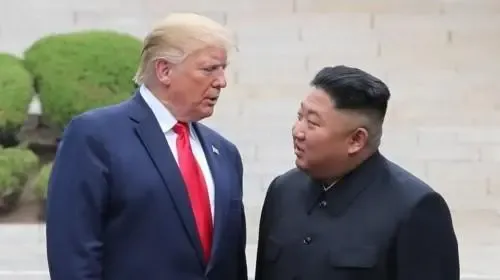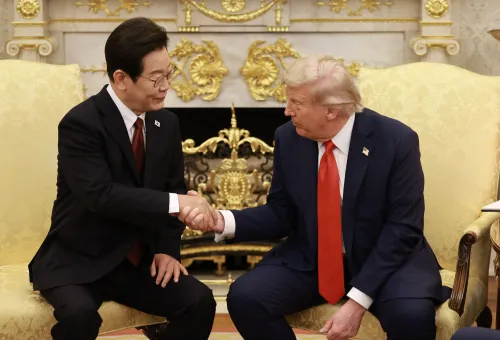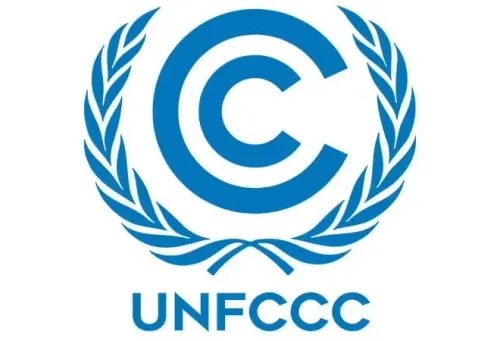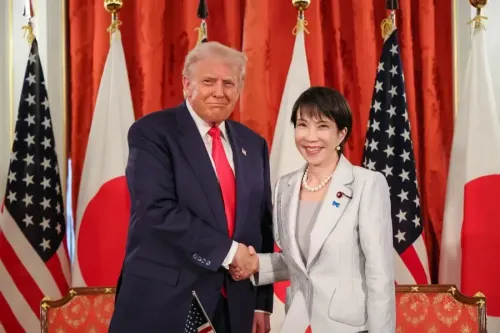Can US President Trump Successfully Broker Peace Between Pakistan and Afghanistan?
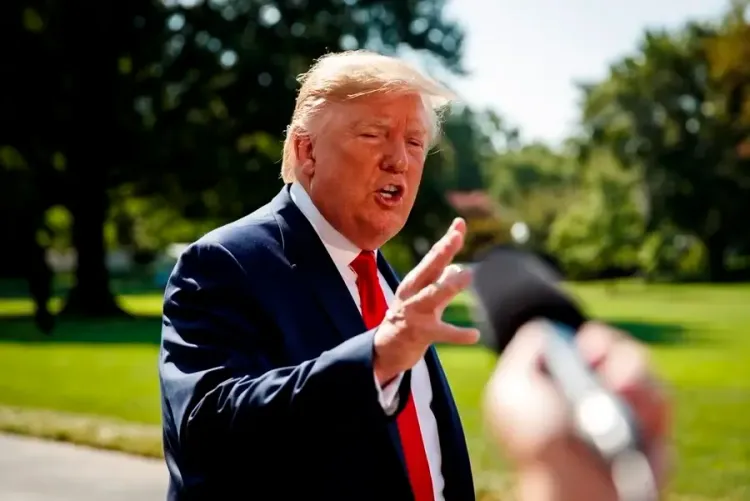
Synopsis
Key Takeaways
- US mediation is crucial for peace in South Asia.
- A four-party channel may be established for monitoring ceasefire implementations.
- Both nations have firm demands that complicate negotiations.
- Failure to agree could lead to escalated conflict.
- The Taliban seeks international recognition amidst ongoing tensions.
New Delhi, Oct 27 (NationPress) US President Donald Trump has played a pivotal role in yet another ceasefire agreement, this time in Asia -- between Thailand and Cambodia -- while reaffirming his commitment to facilitate peace between Afghanistan and Pakistan.
Reports from Istanbul indicate that follow-up discussions regarding the Doha agreement from October 18-19 have not reached a conclusive outcome, as both parties have shown disagreements over each other's draft proposals.
Nevertheless, mediators from Turkey and Qatar are reportedly striving to chart a possible middle ground. There are suggestions about creating a four-party channel to oversee the implementation of the ceasefire agreement, assess any violations, and facilitate information sharing between the two nations.
According to sources, Afghanistan's Tolo News reported that a draft proposal from Kabul's negotiators was conveyed to Islamabad's delegation through mediators, while Pakistan submitted its own drafts as well.
The Afghan team has insisted that there should be no breaches of its airspace and land borders by Pakistan, and Islamabad must prevent opposition groups from utilizing its territory against Afghanistan.
In the meantime, Pakistan's Dawn newspaper has stated that the nation's security officials indicated that Islamabad's delegation presented its final position to Kabul's representatives.
This statement re-emphasized Pakistan's Defence Minister Khwaja Asif's earlier warning at the onset of the Istanbul round on Saturday, October 25, that failure to reach an agreement would lead to open war.
Asif had previously led Pakistan's delegation in Doha talks alongside his Afghan counterpart, Mullah Muhammad Yaqoob, with mediation from Turkey and Qatar.
Following the agreement, Asif highlighted that the ceasefire will only be upheld if the Taliban ceases cross-border terrorist attacks. The Afghan delegation in Istanbul consists of political and security figures, while Pakistan's team comprises officials from its security and intelligence sectors.
During the current discussions, a Pakistani official stated that the Taliban regime must take concrete and verifiable steps to eliminate cross-border terrorism within Afghanistan.
Conversely, the Taliban has consistently asserted that it does not endorse any terror activities from its territory. The regime claims that the attack on Pakistan's border posts on October 18 was a response to an aerial assault conducted by Islamabad within its borders, including Kabul.
Both sides appear to be steadfast in their respective demands, unwilling to budge under external pressure.
However, the influence of President Trump may encourage both nations to reach a functional truce, even if it entails implicit conditions.
For Islamabad, the United States can offer relief to an administration grappling with increasing unrest within the country and along its borders. Additionally, it can provide financial aid directly or via its influence over international financial institutions and donors.
For the Taliban, it presents similar opportunities but more significantly -- a pathway towards potential recognition of its regime by the world's most powerful nation.
Currently, while around 40 nations maintain some diplomatic relations with Kabul, only Russia has granted it official recognition.

